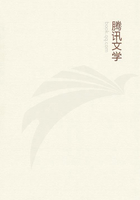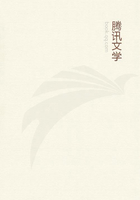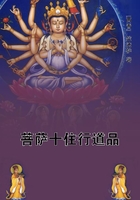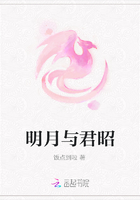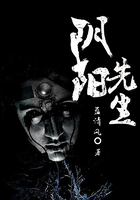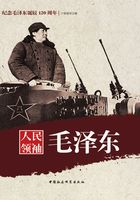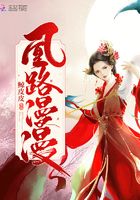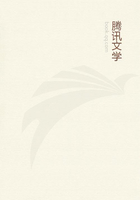CHARLES WHEATSTONE.
The electric telegraph, like the steam-engine and the railway, was a gradual development due to the experiments and devices of a long train of thinkers. In such a case he who crowns the work, making it serviceable to his fellow-men, not only wins the pecuniary prize, but is likely to be hailed and celebrated as the chief, if not the sole inventor, although in a scientific sense the improvement he has made is perhaps less than that of some ingenious and forgotten forerunner. He who advances the work from the phase of a promising idea, to that of a common boon, is entitled to our gratitude. But in honouring the keystone of the arch, as it were, let us acknowledge the substructure on which it rests, and keep in mind the entire bridge. Justice at least is due to those who have laboured without reward.
Sir William Fothergill Cooke and Sir Charles Wheatstone were the first to bring the electric telegraph into daily use. But we have selected Wheatstone as our hero, because he was eminent as a man of science, and chiefly instrumental in perfecting the apparatus. As James Watt is identified with the steam-engine, and George Stephenson with the railway, so is Wheatstone with the telegraph.
Charles Wheatstone was born near Gloucester, in February, 1802. His father was a music-seller in the town, who, four years later, removed to 128, Pall Mall, London, and became a teacher of the flute. He used to say, with not a little pride, that he had been engaged in assisting at the musical education of the Princess Charlotte. Charles, the second son, went to a village school, near Gloucester, and afterwards to several institutions in London. One of them was in Kennington, and kept by a Mrs. Castlemaine, who was astonished at his rapid progress. From another he ran away, but was captured at Windsor, not far from the theatre of his practical telegraph. As a boy he was very shy and sensitive, liking well to retire into an attic, without any other company than his own thoughts. When he was about fourteen years old he was apprenticed to his uncle and namesake, a maker and seller of musical instruments, at 436, Strand, London; but he showed little taste for handicraft or business, and loved better to study books. His father encouraged him in this, and finally took him out of the uncle's charge.
At the age of fifteen, Wheatstone translated French poetry, and wrote two songs, one of which was given to his uncle, who published it without knowing it as his nephew's composition. Some lines of his on the lyre became the motto of an engraving by Bartolozzi. Small for his age, but with a fine brow, and intelligent blue eyes, he often visited an old book-stall in the vicinity of Pall Mall, which was then a dilapidated and unpaved thoroughfare. Most of his pocket-money was spent in purchasing the books which had taken his fancy, whether fairy tales, history, or science. One day, to the surprise of the bookseller, he coveted a volume on the discoveries of Volta in electricity, but not having the price, he saved his pennies and secured the volume. It was written in French, and so he was obliged to save again, till he could buy a dictionary. Then he began to read the volume, and, with the help of his elder brother, William, to repeat the experiments described in it, with a home-made battery, in the scullery behind his father's house.
In constructing the battery the boy philosophers ran short of money to procure the requisite copper-plates. They had only a few copper coins left. A happy thought occurred to Charles, who was the leading spirit in these researches, 'We must use the pennies themselves,' said he, and the battery was soon complete.
In September, 1821, Wheatstone brought himself into public notice by exhibiting the 'Enchanted Lyre,' or 'Aconcryptophone,' at a music-shop at Pall Mall and in the Adelaide Gallery. It consisted of a mimic lyre hung from the ceiling by a cord, and emitting the strains of several instruments--the piano, harp, and dulcimer. In reality it was a mere sounding box, and the cord was a steel rod that conveyed the vibrations of the music from the several instruments which were played out of sight and ear-shot. At this period Wheatstone made numerous experiments on sound and its transmission. Some of his results are preserved in Thomson's ANNALS OF PHILOSOPHY for 1823. He recognised that sound is propagated by waves or oscillations of the atmosphere, as light by undulations of the luminiferous ether. Water, and solid bodies, such as glass, or metal, or sonorous wood, convey the modulations with high velocity, and he conceived the plan of transmitting sound-signals, music, or speech to long distances by this means. He estimated that sound would travel 200 miles a second through solid rods, and proposed to telegraph from London to Edinburgh in this way. He even called his arrangement a 'telephone.' [Robert Hooke, in his MICROGRAPHIA, published in 1667, writes: 'I can assure the reader that I have, by the help of a distended wire, propagated the sound to a very considerable distance in an instant, or with as seemingly quick a motion as that of light.' Nor was it essential the wire should be straight; it might be bent into angles. This property is the basis of the mechanical or lover's telephone, said to have been known to the Chinese many centuries ago.
Hooke also considered the possibility of finding a way to quicken our powers of hearing.] A writer in the REPOSITORY OF ARTS for September 1, 1821, in referring to the 'Enchanted Lyre,' beholds the prospect of an opera being performed at the King's Theatre, and enjoyed at the Hanover Square Rooms, or even at the Horns Tavern, Kennington. The vibrations are to travel through underground conductors, like to gas in pipes.
'And if music be capable of being thus conducted,' he observes,'perhaps the words of speech may be susceptible of the same means of propagation.

